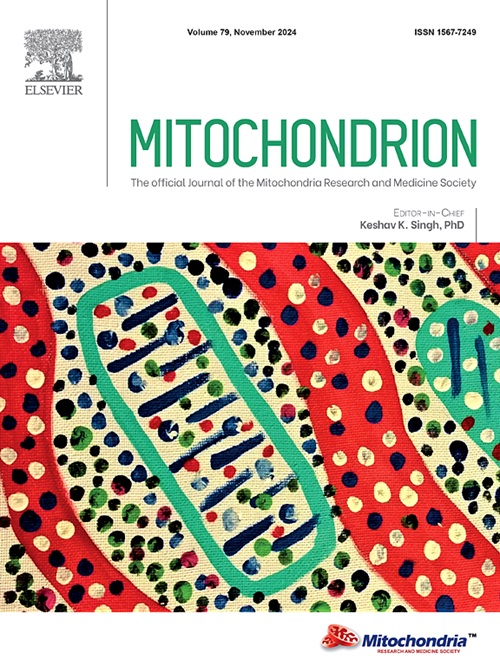调节 Treg 细胞的线粒体机制:对免疫疗法和疾病治疗的影响。
IF 4.5
3区 生物学
Q2 CELL BIOLOGY
引用次数: 0
摘要
调节性 T 细胞(Tregs)在维持免疫平衡和预防自身免疫性疾病方面发挥着至关重要的作用。免疫代谢的最新进展揭示了线粒体动力学和新陈代谢在塑造 Treg 功能方面的关键作用。Tregs 依靠氧化磷酸化(OXPHOS)和脂肪酸氧化(FAO)来支持其抑制功能和长期存活。线粒体的融合和分裂等过程对 Treg 的活性有重大影响,线粒体融合可提高生物能效率,减少活性氧(ROS)的产生,从而促进 Treg 的稳定性。相反,线粒体过度裂变会破坏 ATP 合成并提高 ROS 水平,从而损害 Treg 的抑制能力。此外,线粒体 ROS 是调节 Treg 的关键信号分子,控制其水平可稳定 FoxP3 的表达,但过量的 ROS 会导致线粒体功能障碍和免疫失调。作为线粒体质量控制的一部分,线粒体吞噬在维护 Treg 功能方面也发挥着至关重要的作用。了解线粒体动力学与 Treg 新陈代谢之间错综复杂的相互作用为开发治疗自身免疫性疾病的新型治疗策略和加强癌症免疫疗法提供了宝贵的见解。本文章由计算机程序翻译,如有差异,请以英文原文为准。
Mitochondrial mechanisms in Treg cell regulation: Implications for immunotherapy and disease treatment
Regulatory T cells (Tregs) play a critical role in maintaining immune homeostasis and preventing autoimmune diseases. Recent advances in immunometabolism have revealed the pivotal role of mitochondrial dynamics and metabolism in shaping Treg functionality. Tregs depend on oxidative phosphorylation (OXPHOS) and fatty acid oxidation (FAO) to support their suppressive functions and long-term survival. Mitochondrial processes such as fusion and fission significantly influence Treg activity, with mitochondrial fusion enhancing bioenergetic efficiency and reducing reactive oxygen species (ROS) production, thereby promoting Treg stability. In contrast, excessive mitochondrial fission disrupts ATP synthesis and elevates ROS levels, impairing Treg suppressive capacity. Furthermore, mitochondrial ROS act as critical signaling molecules in Treg regulation, where controlled levels stabilize FoxP3 expression, but excessive ROS leads to mitochondrial dysfunction and immune dysregulation. Mitophagy, as part of mitochondrial quality control, also plays an essential role in preserving Treg function. Understanding the intricate interplay between mitochondrial dynamics and Treg metabolism provides valuable insights for developing novel therapeutic strategies to treat autoimmune disorders and enhance immunotherapy in cancer.
求助全文
通过发布文献求助,成功后即可免费获取论文全文。
去求助
来源期刊

Mitochondrion
生物-细胞生物学
CiteScore
9.40
自引率
4.50%
发文量
86
审稿时长
13.6 weeks
期刊介绍:
Mitochondrion is a definitive, high profile, peer-reviewed international research journal. The scope of Mitochondrion is broad, reporting on basic science of mitochondria from all organisms and from basic research to pathology and clinical aspects of mitochondrial diseases. The journal welcomes original contributions from investigators working in diverse sub-disciplines such as evolution, biophysics, biochemistry, molecular and cell biology, genetics, pharmacology, toxicology, forensic science, programmed cell death, aging, cancer and clinical features of mitochondrial diseases.
 求助内容:
求助内容: 应助结果提醒方式:
应助结果提醒方式:


